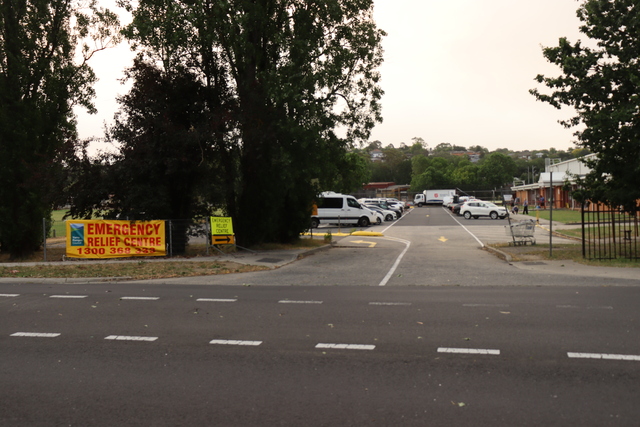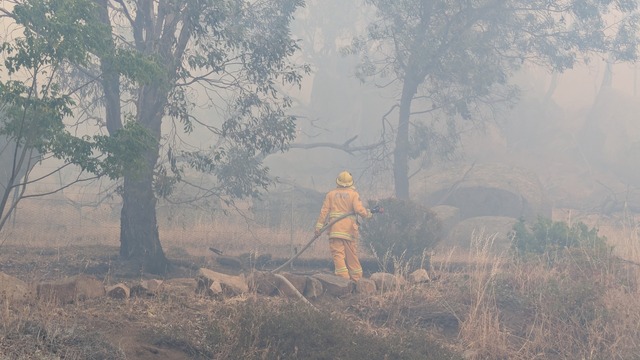What I Would Do to You, by Australian psychologist and author Georgia Harper, is an intense and confronting novel.
Despite its slow and steady pace, the story packs a punch that hits your heart and mind when you least expect it.
The astonishingly accomplished debut novel tells the story of Stella and Matisse in near-future Australia, whose 10-year-old daughter Lucy is horrifically murdered.
With the death penalty reintroduced, they are allowed to personally execute the perpetrator in any way they choose.
“Twenty-four hours alone in a room with the condemned. No cameras. No microphones. Just whatever punishment they decide befits the crime.”
If this sounds like what you think the families of victims of violent crimes would want – think again.
Through the eyes of Octavia, the court-appointed counsellor, we see how the couple and their two older children – Lucy’s brother Sebastian and sister Hannah – grieve and grapple with
emotional and moral issues relating to the forthcoming execution.
Octavia helps unearth the secrets from Stella’s and Matisse’s past lives, as well as Sebastian’s inner struggles as the only male member of the family.
However, it is through Hannah, the other first-person narrator, that we truly see the horrendous impact of the crime on those left behind.
Hannah is also affected by her own dark past, and her evolution throughout the book is something to behold.
Indeed, Hannah’s and Octavia’s perspectives are the two bookends framing a whole set of complex issues that we as readers are invited to explore.
For example, where is the fine line between retribution and revenge?
Between the need to protect the community and that of rehabilitating the perpetrators, which one is more important and urgent?
What privileges dare we have, and what obligations and responsibilities are we compelled to face, in matters of someone else’s life and death?
What I Would Do to You is not an easy read.
As a psychologist who has worked with both serious violent offenders and victim-survivors of crime, the author deals out details of the story delicately, adeptly maintaining the tension and suspense while encouraging readers to empathise with the characters every step of the way.
Meanwhile, the story’s pacing is measured for a reason, as some details are too vividly disturbing to be easily stomached.
The boundaries that we rely on for our society to function properly – public vs private, professional vs personal, expectation vs entitlement, commitment vs conformity, pain vs peace – are deliberately blurred. We as readers are thrown out of balance, unsettled.
“What would you do?” asks the book. Anyone who is yet to read this novel can sit comfortably at home while casually offering a remark, recalling an anecdote, imagining a scenario, or passing a judgement.
But once you have read the book, you will feel the need to think carefully before an answer can be found.
In the author’s words: “Fiction…is a place to explore things that may never happen, and dsometimes should never happen.”
Highly recommended, with trigger warning.







